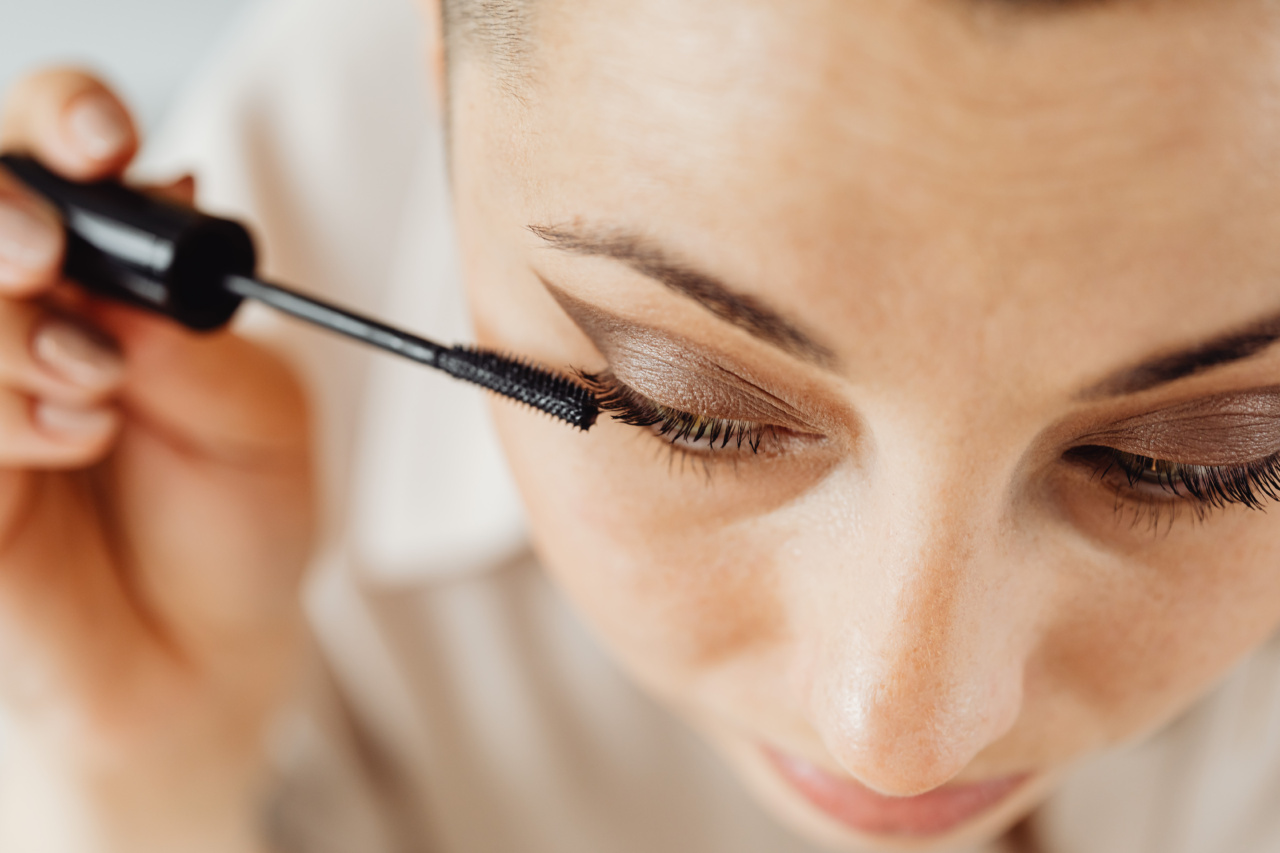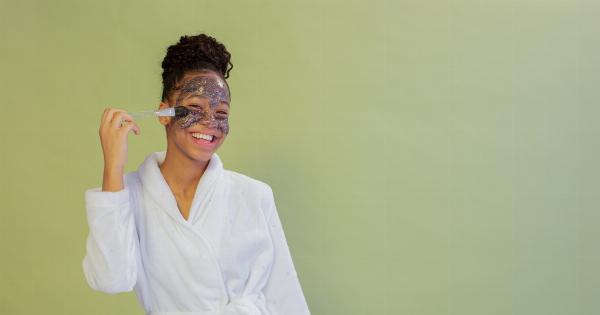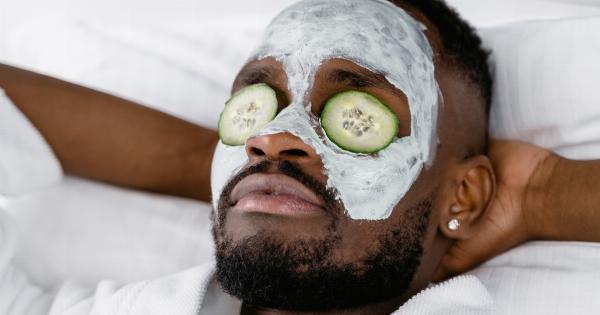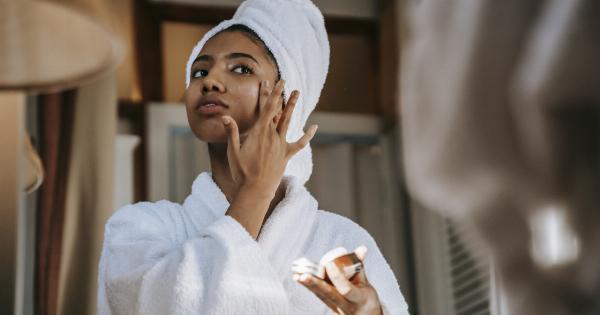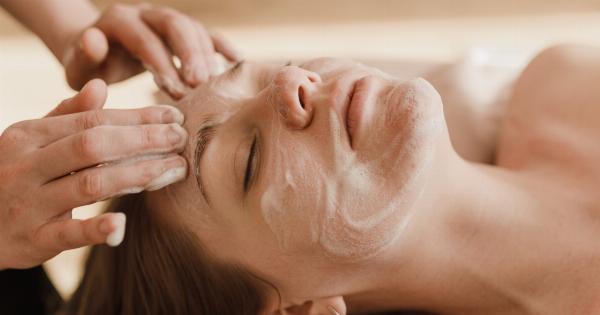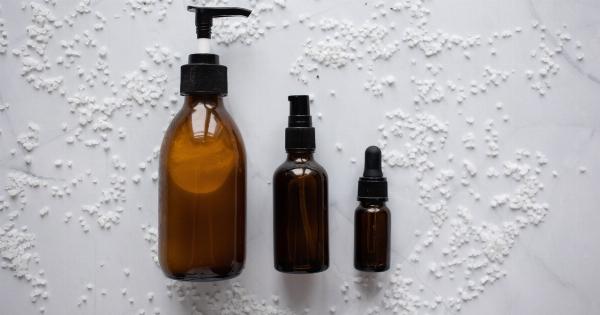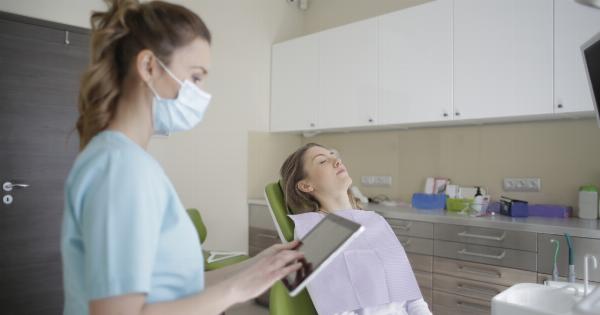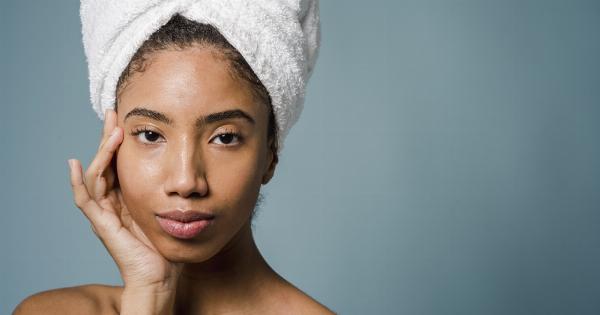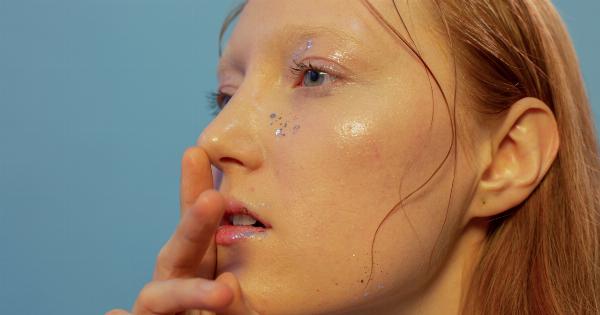Make-up can be a great way to enhance your features and boost your confidence. However, if not done properly, it can also wreak havoc on your skin. From clogged pores to breakouts, there are several make-up mistakes that can ruin your skin.
In this article, we will discuss the top ten skin-ruining make-up mistakes that you should avoid to maintain a healthy complexion.
1. Sleeping with Make-up On
One of the biggest mistakes you can make is failing to remove your make-up before going to bed. Leaving make-up on overnight can clog your pores and lead to acne breakouts and skin irritation.
Always make it a habit to cleanse your face thoroughly before hitting the sheets.
2. Using Expired Make-up Products
Using expired make-up products is a recipe for disaster. Over time, cosmetics can harbor bacteria and lose their effectiveness. Check the expiration dates on your make-up products and toss them out if they are past their prime.
3. Not Cleaning Your Make-up Brushes
Make-up brushes can accumulate dirt, oils, and bacteria over time. Failing to clean them regularly can transfer these impurities onto your face, leading to breakouts and skin infections.
Clean your brushes at least once a week using a mild shampoo or brush cleanser.
4. Using Heavy Foundation Every Day
While foundation can provide coverage for skin imperfections, using a heavy and full-coverage foundation every day can suffocate your skin. It can clog pores and cause your skin to produce excess oil, resulting in blemishes and acne.
Opt for lighter formulas or tinted moisturizers for everyday wear.
5. Overusing Concealer
Concealer is a great tool for hiding dark circles and blemishes, but using too much of it can lead to cakiness and emphasize fine lines and wrinkles.
Only apply concealer where needed and blend it seamlessly into your foundation for a natural-looking finish.
6. Neglecting to Prime Your Skin
Priming your skin before applying make-up helps create a smooth canvas and helps the make-up last longer. It also acts as a barrier between your skin and the make-up, preventing clogged pores and irritation.
Invest in a good primer that suits your skin type and use it before applying foundation.
7. Sleeping on Dirty Pillowcases
Dirty pillowcases can harbor bacteria, dirt, and oils that can transfer to your face while you sleep. This can lead to breakouts and skin irritation. Make it a habit to change and wash your pillowcases regularly to maintain a clean sleeping environment.
8. Ignoring Make-up Allergies
Skin allergies to make-up products are not uncommon. If you notice any redness, itching, or irritation after using a specific product, it’s important to discontinue its use and consult a dermatologist.
Ignoring make-up allergies can worsen skin conditions and cause long-term damage.
9. Not Removing Make-up Properly
Simply splashing water on your face may not be enough to remove all traces of make-up. Using a gentle make-up remover or micellar water can help dissolve make-up effectively without stripping the skin of its natural oils.
Follow up with a cleanser to ensure a thorough removal.
10. Skipping Sunscreen
Many make-up products contain SPF, but relying solely on make-up for sun protection is a mistake. The SPF in make-up is often not enough to shield your skin from harmful UV rays.
Apply a broad-spectrum sunscreen with at least SPF 30 before applying any make-up to protect your skin from sun damage.
Conclusion
Avoiding these skin-ruining make-up mistakes can help you maintain a clear and healthy complexion. Remember to cleanse your face before bed, use fresh make-up products, clean your brushes regularly, and pay attention to your skin’s needs.
By following these tips, you can enjoy the benefits of make-up without compromising the health of your skin.
